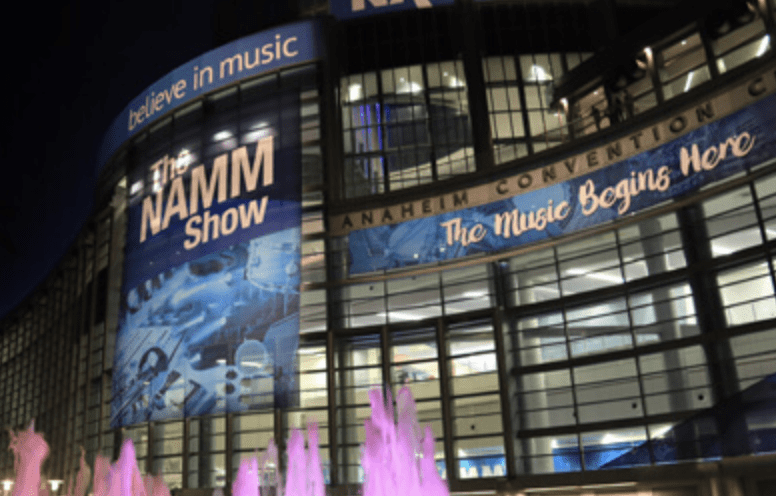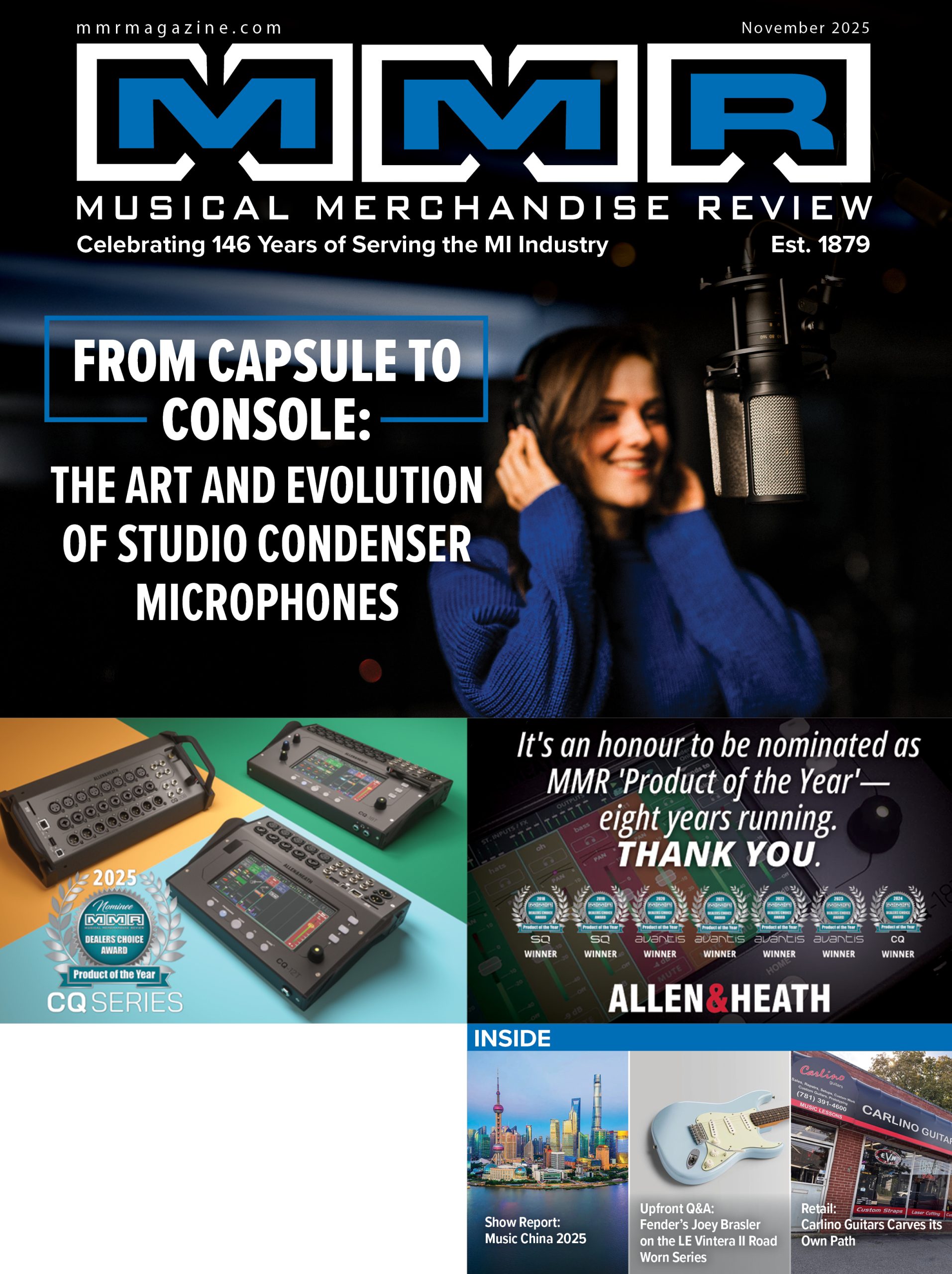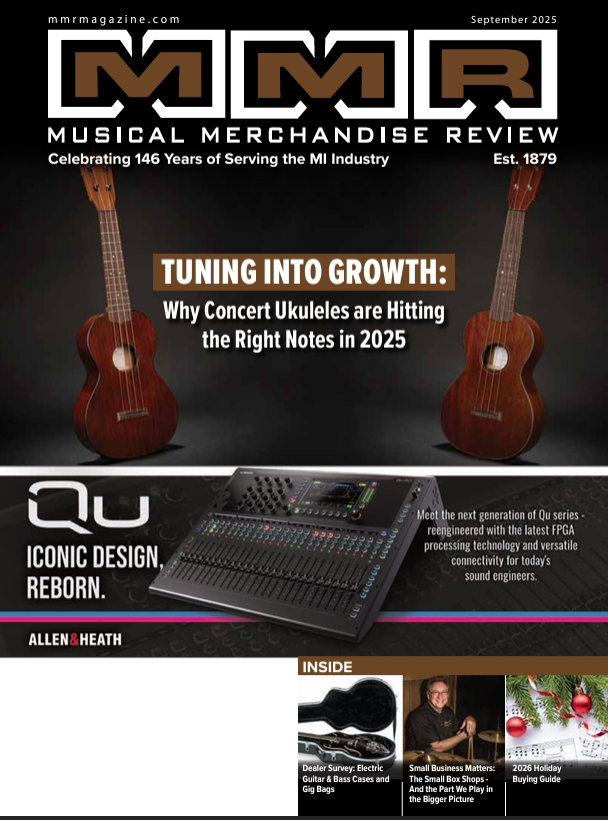 Competition from online sales is arguably the single greatest challenge that MI retail (hell, all retail) has faced this century. Music stores have battled back, mainly by adding shopping options through their own websites, and in some cases creating white-label portals through websites like Reverb.com and eBay. But Amazon looms above them all, ubiquitous and inescapable.
Competition from online sales is arguably the single greatest challenge that MI retail (hell, all retail) has faced this century. Music stores have battled back, mainly by adding shopping options through their own websites, and in some cases creating white-label portals through websites like Reverb.com and eBay. But Amazon looms above them all, ubiquitous and inescapable.
Amazon has spooked the largest of the MI giants. For instance, ahead of this year’s Prime Day – Amazon’s annual 36-hour sale for its Prime-club customers – Guitar Center announced its own sales spectacular, offering up to a 30 percent discount on selected products. The company opened its New York flagship location in Manhattan in 2014 in part to fight Amazon’s growing hegemony of the retail space.
Lionel Garcia used to be a DJ, and spent time in an executive role at Tigerdirect, the remnants of once-mighty brick-and-mortar chains Circuit City and CompUSA turned into an online electronics retailer, so he’s familiar with both retail and online worlds, as well as music on a professional level. He’s using that accumulated wisdom as president of Channel Bakers, which describes itself as the first Amazon-focused advertising agency. And it’s from that perch that he says MI retail can find its way through an Amazonian universe.
Unlike a traditional advertising shop, Channel Bakers guides its clients, which have included Samsung, Logitech, and Calvin Klein, through the alternate universe that is Amazon. Garcia’s primary expertise is focused on how brands navigate Amazon – not an easy proposition, considering Amazon’s propensity for giving preference to its own brands or those of certain other companies, in a kind of retail payola.
However, he says that retailers often view Amazon as an existential threat instead of looking for the opportunities in between the cracks. For instance, while MI stores and Amazon (and other online retailers) may advertise and sell (directly or indirectly) a fairly wide range of MI products, the MI shops will often have access to a much deeper tranche of niche products. By definition, Amazon, like other online retailers, has to present a broad face to consumers.
However, the algorithms that steer buyers once they’re on the website don’t always have their best interests in mind, seeking instead to emphasize certain product and brands over others. That’s not inherently evil; it’s just the Darwinian nature of the internet. The clerks who guide customers in the store, on the other hand, are guided by a slightly older English thinker’s philosophy: Adam Smith, who saw more nuanced market dynamics. The higher level of customer engagement in the store plus the potential for a much wider and deeper array of relevant products is MI retail’s secret weapon, says Garcia.
“The retailer is the one who can see the gaps in brand and product assortments,” he explains. “Even Amazon can’t carry everything, and its algorithms can’t understand the customer the way a store can.”
The ultimate revenge might be how MI retail can use Amazon as its own online portal. In many ways it’s not unlike something like Reverb.com, but the waters there are much deeper, and the focus of consumers will be far broader. It might be a better place to sell “baby’s first guitar” than, say, a Dumble Overdrive Special, and you’re also walking on Amazon’s turf, one they know far better than anyone how to traverse. So when you “look for the gaps,” as Garcia puts it, you’re ironically treading on firmer ground. “That’s where the leverage is.”
Playing house with Amazon isn’t for everyone, but it will likely become more common in time. That’s why Garcia walked the aisle of the Summer NAMM Show in Nashville in July (where he says Amazon also had a spectral presence), and why Channel Bakers is taking a booth at the Winter NAMM Show in January. “We’re looking to engage with MI retail in general,” he says. MI retailers, then, ought to be looking for more online strategies, as well.

























